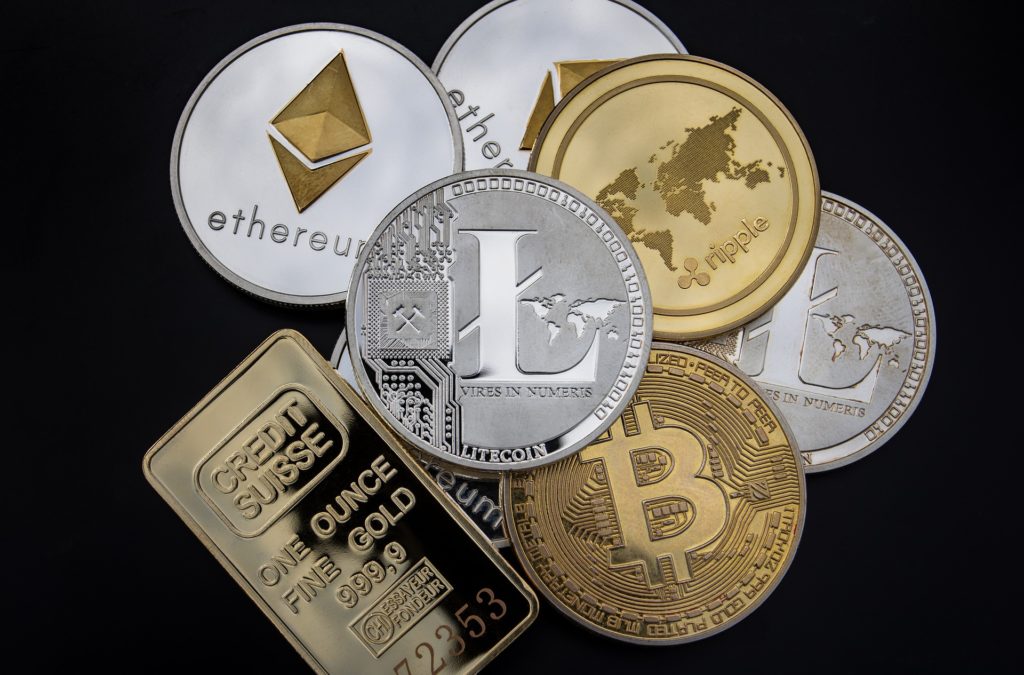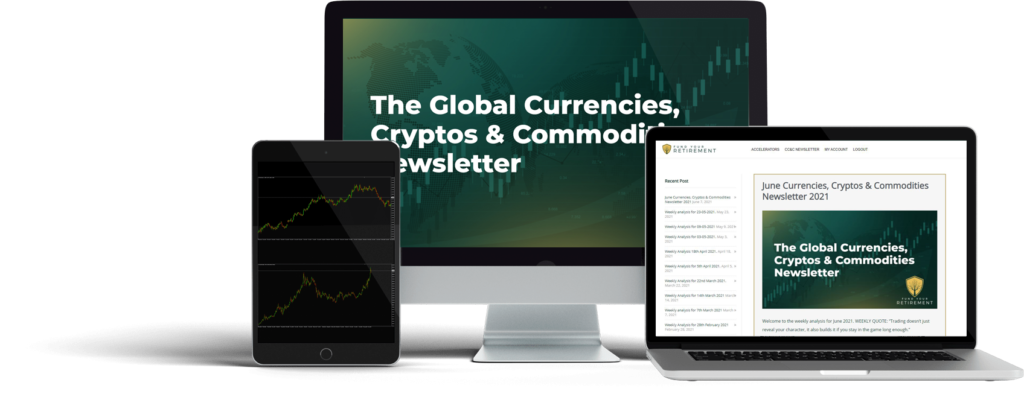DeFi stands for decentralised finance on blockchain technology that does not rely on centralised institutions to facilitate transactions.
DeFi utilises smart contracts, decentralised apps (dApps) on the blockchain with the most common being Ethereum. The concept of blockchain means everything is public and transparent on a digital ledger, distributed through a network globally instead of a centralised hub, in a geographical location.
There are many who say that blockchain and DeFi is a breakthrough in technology like the telephone of the late 1800s and the internet of the early 90s.
For example, it is predicted that people will be able to purchase a house from a seller on the blockchain with at a pre-set interest rate and payment schedule, and the deeds will be held on the blockchain until the final payment is made, removing the need for solicitors, banks and mortgages.
Why is this Important?

Traditional financial structures are ‘centralized finance’ or CeFi for short, which are based on centralised databases run by financial institutions such as a banks, insurance, and investment companies.
Consequently, customers are dependent upon the centralised databases owners, offering a selected set of financial products and services, restricted opening hours, and are subject to transaction fees, which means that customers have less control over their money, and less choice.
With the advent of automated global computer networks and the worldwide web, ‘decentralized finance’, or DeFi for short, customers can create their own customised financial products within a secure network environment, without the expense and limitations of an intermediary. DeFi makes it possible for anyone with a smartphone and internet connection, for buyers, sellers, borrowers, and lenders to interact directly peer to peer, by utilising smart contracts.
At present DeFi is focused on the financial world but has far wider applications in the global economy as it eliminates the need for a centralised intermediary which opens a cross border, permissionless system of transacting peer to peer.
What is DeFi?

The foundation of DeFi is blockchain technology. A blockchain is a particular type of database. A database is a collection of information that is stored electronically on a computer system, typically in tabular format, for easy access to specific information.
A major difference between a typical database and a blockchain is how the data is structured. A blockchain collects information together into groups, also known as blocks, that hold sets of information. Blocks have certain storage capacities and, when filled, are chained onto the previously filled block, forming a chain of data known as the ‘blockchain’. All new information that follows that freshly added block is compiled into a newly formed block that will then also be added to the chain once filled. Each block in the chain is given an exact timestamp when added, creating an irreversible chronological timeline.
A database structures it’s data into tables, whereas a blockchain structures it’s data into chucks, or blocks, that are chained together into an immutable timeline. All blockchains are databases but not all databases are blockchains.
The blockchain allows several computer servers, called nodes, to hold a copy of a history of transactions, meaning it isn’t controlled by a single, central source. Whenever, a transaction is recorded, the record is automatically copied to all the other nodes. If one node has an error in it’s data it can use the thousands of other nodes as a reference point to correct itself. A hacker would have a hard time attempting to change a recorded transaction, since he would have to update the records in at least 51% of the nodes all at the same time, for the change to be accepted. The result is a robust system for digital interactions that does not need a trusted third party.
The blockchain is open to anyone to view all past transactions. Users are provided with a public key and a private key. A key is a random set of numbers that is cryptographically generated by the system, and provides a level of security for the user. Public keys can be shared with other users in the network because they do not divulge personal data. However, blockchain users are advised to only use their private key, together with a digital signature when making financial transactions. The public will be able to see the transaction, but cannot identify the owner.
Private-key cryptography provides a powerful ownership tool that fulfils authentication requirements. Customers do not need to provide personal details to verify their identity for an exchange, avoiding the risk of exposure to hackers. Credit scores are also not required to access the blockchain, making financial services available to anyone with an internet connection.
If a hacker managed to break into a person’s account, called a crypto wallet, and steal the owner’s digital assets such as cryptocurrency, because all blockchain transactions are transparent to everyone, the audit trail would be easy to follow and the funds easily recovered.
The owners of the blockchain are rewarded for their service with a small income from the transactions that go through their channels.
One might assume that a blockchain of permanently available online records would eventually run out of space. This is theoretically possible. The blockchain has already created global shortages of microchips. However, with more nodes coming online, it seems likely that there will be adequate capacity for at least the next decade. It is also possible that new technology will evolve within this period to address the problem.
As a secure and immutable system of storing records, the blockchain can be used for a variety of financial applications including loans, insurance, crowdfunding, derivatives, and betting. Cutting out the middlemen is one of the greatest advantages of DeFi.
In addition to storing financial transactions, the blockchain also has many other applications including storing the audit trails of healthcare records, property records, supply chains, voting, and authenticating genuine photographs and videos from deep fakes.
The Risks
Such technology is still in its infancy; the technology and protocols are still evolving. The DeFi infrastructure and eco-system suffers from hacks and scams as the infrastructure evolves and grows. There is little if any regulatory oversight at present with financial jurisdictions based on geographical locations. DeFi is not part of any jurisdiction which poses an issue for the regulators.
Recently, a DeFi project called IRON Finance went from $2 to over $60 and back to almost zero in less than a month. Bitcoin peaked at $64,500 in April 2021 and was at $30,000 by May 2021. These types of swings can be both, financially and psychologically damaging, especially if using leverage.
The responsibility is on you when transacting within the network, because you are sending the transactions direct peer to peer. If you get the address wrong, the funds are gone forever. If you make a mistake with your bank, you can simply call them up, explain you made a mistake and often, the funds will reappear back in your account.
While this is a controversial subject, seen by some as an advantage, as it is purely directly peer to peer. Yet, there are many who think this is one of the biggest hurdles for mass adoption.
Consequently, investing in such technology is very risky, which is why it is important to carry out your own research and analysis of the crypto markets, which is an area Fund Your Retirement can help you with.
For self-directed traders & investors who want to Fund Their Retirement
Are you a self-directed trader or investor? Are you looking for research, analysis techniques and profitable strategies that can be applied on currencies, commodities, and cryptos?
Published monthly with time critical intra-weekly updates when required. The newsletter covers forex, major crypto-currencies and the commodity markets. The Newsletter specilises in taking advantage of longer-term buy and hold strategies, and shorter term trading opportunities.
The service uses a top down approach, that means analysing global factors such as the economic environment, political events, technicals, and market sentiment. Using a combination of modern technology and the 20 plus years experience of the team helping our clients navigate the financial markets with clarity and confidence.
FYR 027 Investment Opportunities and Strategy for Ethereum, Bitcoin, Gold and EURO
Mike and Lee discuss investment strategy and investment opportunities for Ethereum Bitcoin, Gold, and the US dollar. Mike explains why Bitcoin may have some strong head winds to overcome in 2021 and why Ethereum is outperforming Bitcoin and why he thinks it will continue to outperform Bitcoin for the foreseeable future.


